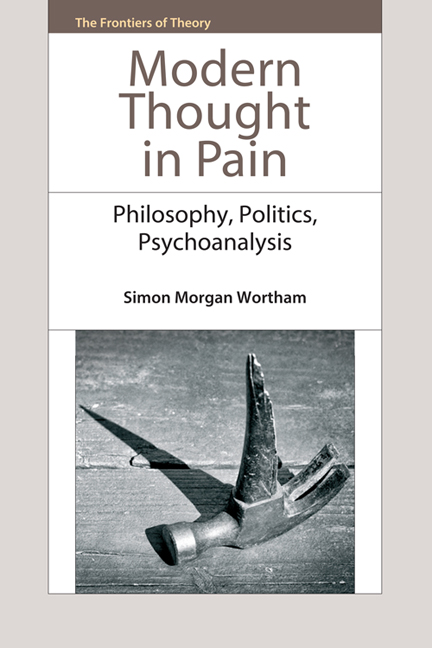5 - Survival of Cruelty
Published online by Cambridge University Press: 05 September 2016
Summary
René Girard reported to me that after my lecture in Baltimore … Lacan supposedly replied: ‘Yes, yes, it's good, but the difference between him and me is that he does not deal with people who are suffering’, meaning by that: people in analysis. What did he know about that? Very careless. To be able to say such a thing, so imperturbably, and know such a thing, he could not have been referring either to suffering (alas, I too deal with people who suffer – all of you, for example) or to transference, that is, to love, which has never needed the analytic situation to claim its victims.
(Jacques Derrida, ‘For the Love of Lacan’)What, after all, is cruelty? How may it be interpreted or analysed, and by whom? How is it to be determined or delimited, and to whose understanding does it ‘properly’ belong? How would this relationship, this ‘affair’, manifest itself? What is the relation, for instance, not only of psychoanalysis to cruelty, but of psychoanalysis and cruelty? The latter – psychoanalysis and cruelty – would perhaps imply not only the question of the relations of domination between them, but a larger discourse, lexicon or economy (if it is indeed an ‘economy’ at all, if economy and cruelty could ever attain such identity) which may comprise them, or indeed overhang and thus constitutively exceed them, or for that matter succumb to, fall foul of them in some manner. Dominating or dominated by them (psychoanalysis and cruelty), the very idea of such an (S-M?) ‘economy’ – lexical, discursive or otherwise – therefore already suggests the possibility of a certain cruelty, one whose conceptual borders remain, however, sufficiently indistinct that it can perhaps no more dominate than be dominated.
What, after all, is cruelty? On several occasions in ‘Psychoanalysis Searches the States of Its Soul: The Impossible Beyond of a Sovereign Cruelty’ Derrida confesses or professes (confesses or professes, since the question of the ‘truth’ of cruelty is, precisely, at issue here, as well as that of the cruel forms both profession and confession might take, in truth) – Derrida confesses or professes his deep uncertainty about the meaning of the term.
- Type
- Chapter
- Information
- Modern Thought in PainPhilosophy, Politics, Psychoanalysis, pp. 124 - 139Publisher: Edinburgh University PressPrint publication year: 2014

